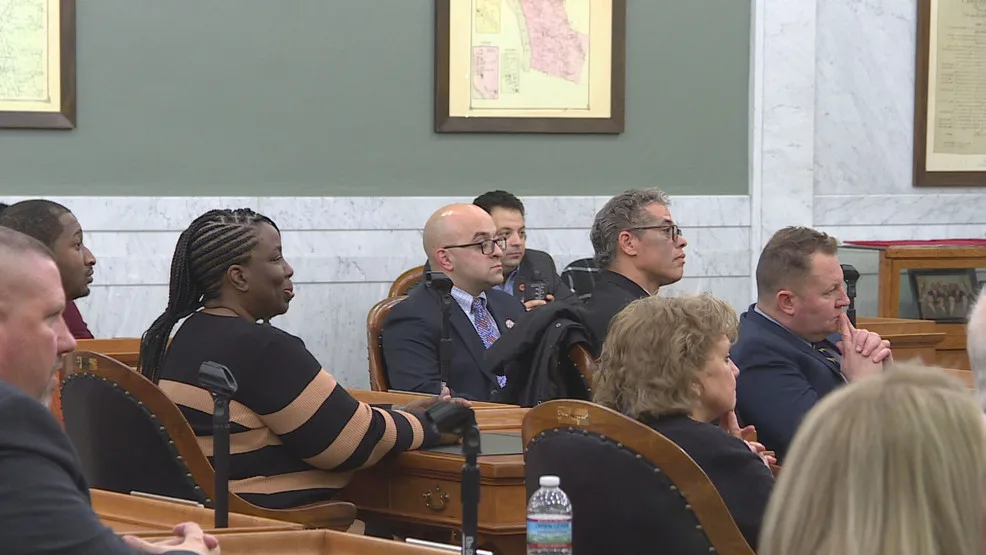
SYRACUSE, N.Y. — Leaders in the Central New York community applauded Governor Kathy Hochul’s decision to sign into law a bill creating a commission to consider reparations to address the effects of slavery.
“Former slaves and their children and their children’s children across our nation have been haunted for generations by racism and disenfranchisement,” said the Governor.
MORE | New York will set up a commission to consider reparations for slavery
It comes at a time when many states and towns throughout the United States attempt to figure out how to best reckon with the country’s dark past, and follow in the footsteps of similar task forces in California and Illinois.
I’m glad that we’re talking about remedying a wrong. Reparations, it’s repairing a wrong that happened.
Incoming legislator Maurice Brown said he would like to have the conversation on this on a county level but is happy this is happening on a state level and hopefully a national level soon.
“Reparation can look like many things. It can look educational, it can look like workforce training, it can look like cash, it can look different in many ways but, that’s the point of the commission, to study this. To see what the most equitable way can be to do it.”
Reparations mean making amends for a wrong one has done.
Reparations would involve a national apology, rights to the cannabis industry, financial payment, social service benefits, and land grants to every descendant of an enslaved African American and Black person who was a descendant of those living in us including during American slavery until the Jim Crow Era.
“Unfortunately, some people look at this and see a large pool of money/ giving individuals money. No, what we have to do is look at creating programs and services that will bolster the minority areas and communities,” said Onondaga County Legislator Charles Garland.
Governor Hochul expressed in her speech that this is not about fixing the past and undoing what happened, this is about working together so children aren’t weighed down by the shackles of the past.
“We have to acknowledge the systemic racism that’s happened in the past,” said Garland. “Reparations have to be something sustainable for this generation and generations to come.”
Hochul and other state lawmakers emphasized at the ceremony that the process would help open up conversations about what reparations could look like.
The governor and the legislative leaders of the state Assembly and Senate will each appoint three qualified members to the commission. They have 90 days to make their picks.

